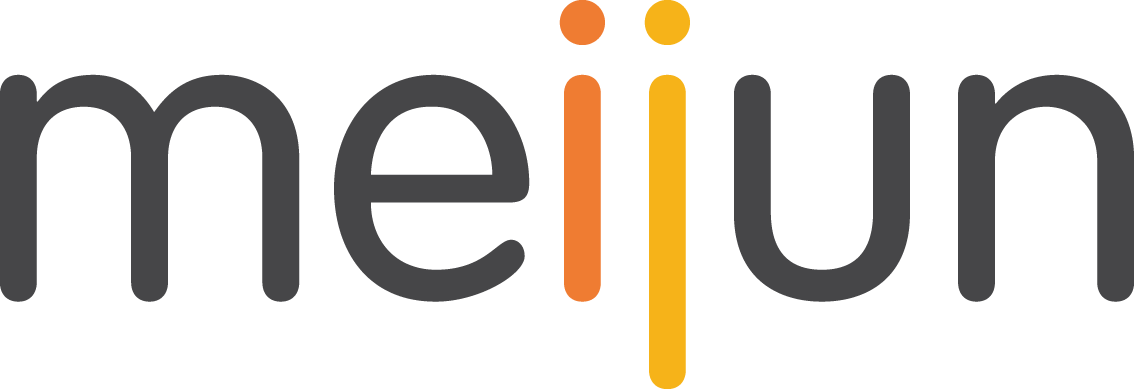Driven by fast-evolving technologies and the need for digital transformation. The landscape of the healthcare sector has undergone a remarkable transformation in the past decade, presenting a vastly different picture than what we witnessed just ten years ago.
Amidst the winds of change, new and often unforeseen challenges emerge, placing many healthcare organizations in the midst of relentless waves of practice transformation. Simultaneously, they grapple with a scarcity of skilled professionals and navigate the ongoing repercussions of recovering from a global pandemic.
In an era where digital transformation has become a central pursuit across industries, healthcare organizations have prioritized investments in a multitude of back-office processes. This includes the adoption of modern cloud-based solutions, as they replace traditional legacy systems, enabling healthcare providers to remain competitive and keep pace with evolving demands.
Let’s look at how streamlined, automated, and secured healthcare processes can improve the quality of service.
Enhanced Efficiency: Streamlining processes within a healthcare system can improve efficiency and productivity. By eliminating unnecessary steps, reducing waiting times, and optimizing workflows, healthcare providers can offer faster and more convenient services to patients.
Improved Patient Experience: Streamlining processes allows healthcare providers to focus more on patient care, resulting in an improved overall patient experience. Reduced waiting times, simplified administrative tasks, and improved communication can contribute to increased patient satisfaction and loyalty.
Increased Data Security: Protecting patient data is of paramount importance in healthcare. Implementing robust security measures, such as encryption, access controls, and regular data backups, can safeguard patient information from unauthorized access, breaches, and potential threats. By maintaining patients’ trust through data security, healthcare organizations can build a strong reputation.
Compliance with Regulations: In many countries, healthcare organizations are required to comply with strict data protection and privacy regulations, such as the Health Insurance Portability and Accountability Act (HIPAA) in the United States or the General Data Protection Regulation (GDPR) in the European Union. By implementing streamlined and secure processes, healthcare providers can ensure compliance with these regulations, avoiding legal and financial penalties.
Enhanced Communication and Collaboration: Streamlining processes often involves implementing technology solutions that facilitate communication and collaboration among healthcare providers. Electronic health record (EHR) systems, secure messaging platforms, and telehealth solutions can improve information sharing, enable remote consultations, and enhance care coordination among different healthcare professionals, leading to better patient outcomes.
Data-driven Insights: Implementing streamlined processes can also enable the collection and analysis of vast amounts of healthcare data. By leveraging data analytics and artificial intelligence, healthcare providers can gain valuable insights into patient populations, disease trends, treatment outcomes, and more. These insights can inform evidence-based decision-making, personalized care plans, and preventive measures, ultimately improving the quality of care provided.
Overall, by streamlining processes and securing patient data, healthcare organizations can provide a higher quality of service to patients, ensure their privacy and confidentiality, and operate in compliance with relevant regulations.


